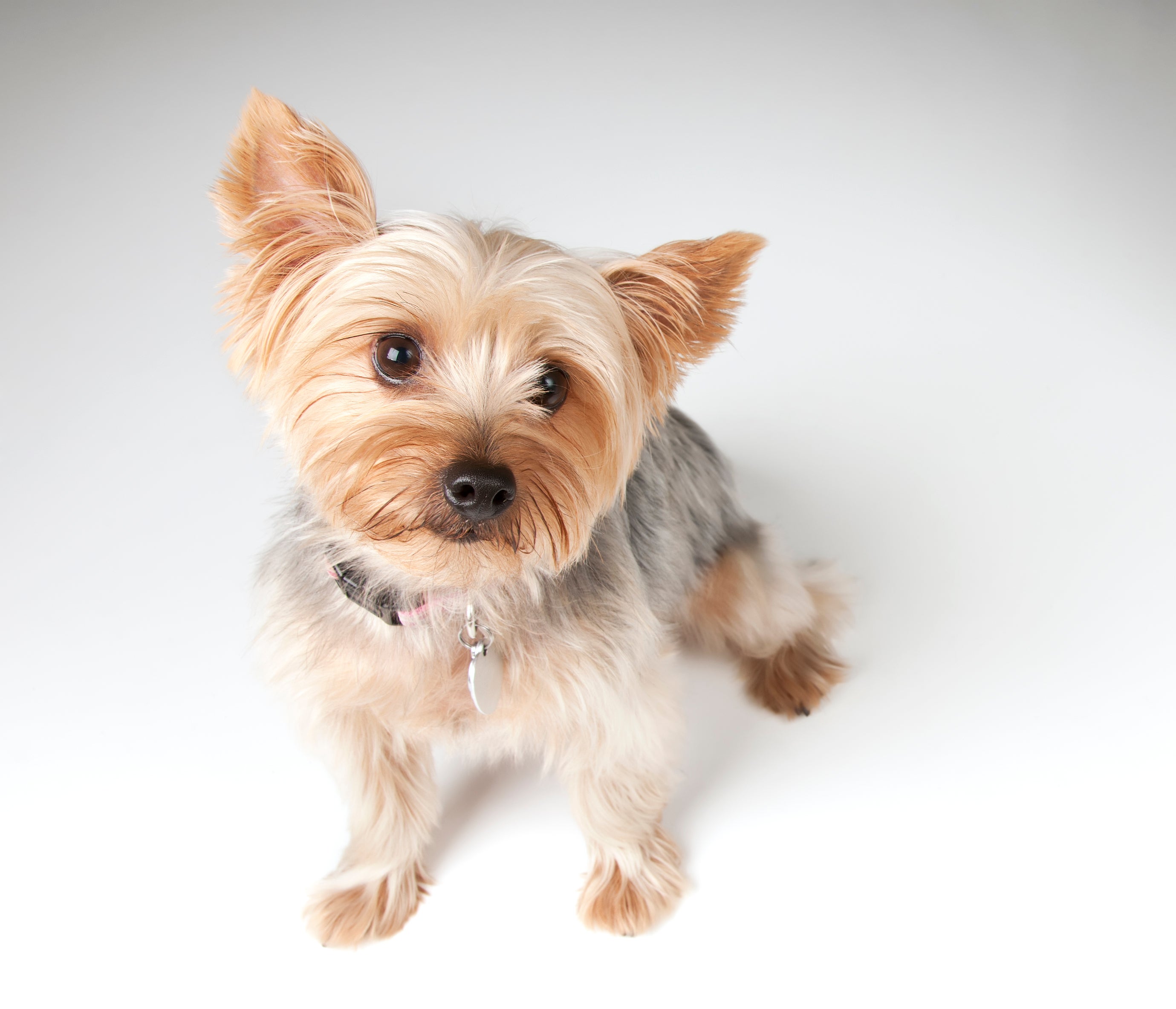Silky Terrier
Petite and feisty, the Silky Terrier is a refined and light-footed dog that is perceptive and dynamic. They have a straight coat that follows the body and hair that parts down the middle. A wedge-shaped head, V-shaped ears, and almond-shaped eyes define the dog. Natives of Sydney, Australia, they closely resemble the Yorkshire Terrier.
Breed characteristics carousel
Learn More
Need to Know
- Dog suitable for owners with some experience
- Basic training required
- Generally healthy breed
- Enjoys active walks
- Small dog
- Some drool
- Requires frequent grooming
- Chatty and vocal dog
- Barks and alerts to visitors/anything unusual
- Could have issues with unknown dogs but gets along with known dogs
- Gets along with other pets with training
- May need additional supervision to live with children
- Needs a small yard or can happily live in the city
- Can be left alone occasionally with training
- Not good with strangers
- AKC Registered Breed

Personality
Courageous and opinionated, the Silky Terrier is not a benign lap dog. They are bold, curious, and spirited dogs, always ready for action. Smart but with a stubborn streak, the Silky Terrier dog can be mischievous at times. They tend to like to have their opinions heard—and loudly.
Yorkshire Terrier dogs arrived in Australia from England in the late 1800s and were bred with native blue and tan Australian Terriers to achieve a steel blue and tan coat color. The dog was once known as the Sydney Silky Terrier and then the Australian Silky Terrier. Americans shortened the name to the Silky Terrier in the 1950s. They are a moderately popular breed.
Owners need to be ready for a dog with a big personality as the Silky Terrier has it in spades. They require a calm and consistent hand when training which should be focused on positive reinforcement methods. While small, the Silky enjoys an active lifestyle, so ideal owners will include them on walks, family outings, and more.
Despite being petite, the Silky Terrier needs exercise to stimulate their bright and bold minds. They do well with training and dog sports. They are smart dogs, so puzzles and games can help mentally exhaust them.
Because of their pint-size stature, Silky Terriers are adaptable to city living so long as they have plenty of play and exercise time outdoors. They do well with apartment living but tend to bark a lot, something to consider if you have neighbors in close proximity.
The glossy and silky coat of the Silky Terrier needs regular brushing and combing to remove tangles and mats.
Silky Terrier dogs do not like to be ignored and will want to be stimulated often mentally and physically. They can be charming and funny, but it’s important to train them so that they are well-mannered and not mischievous.
Silky Terriers make good family dogs when trained and socialized properly. They are generally good-natured, but do best with older children who can respect the dog’s boundaries and not treat them like stuffed animals.
The cost of a Silky Terrier from a breeder is significantly more than the cost of adopting one from a local shelter or rescue. The adoption fee usually covers additional items such as spaying or neutering, vaccines, and microchipping.

Learn more about feeding and caring for your Silky Terrier on Purina.
Did You Know?
- The Silky Terrier comes from Australia. They are closely related to Yorkshire Terriers.

